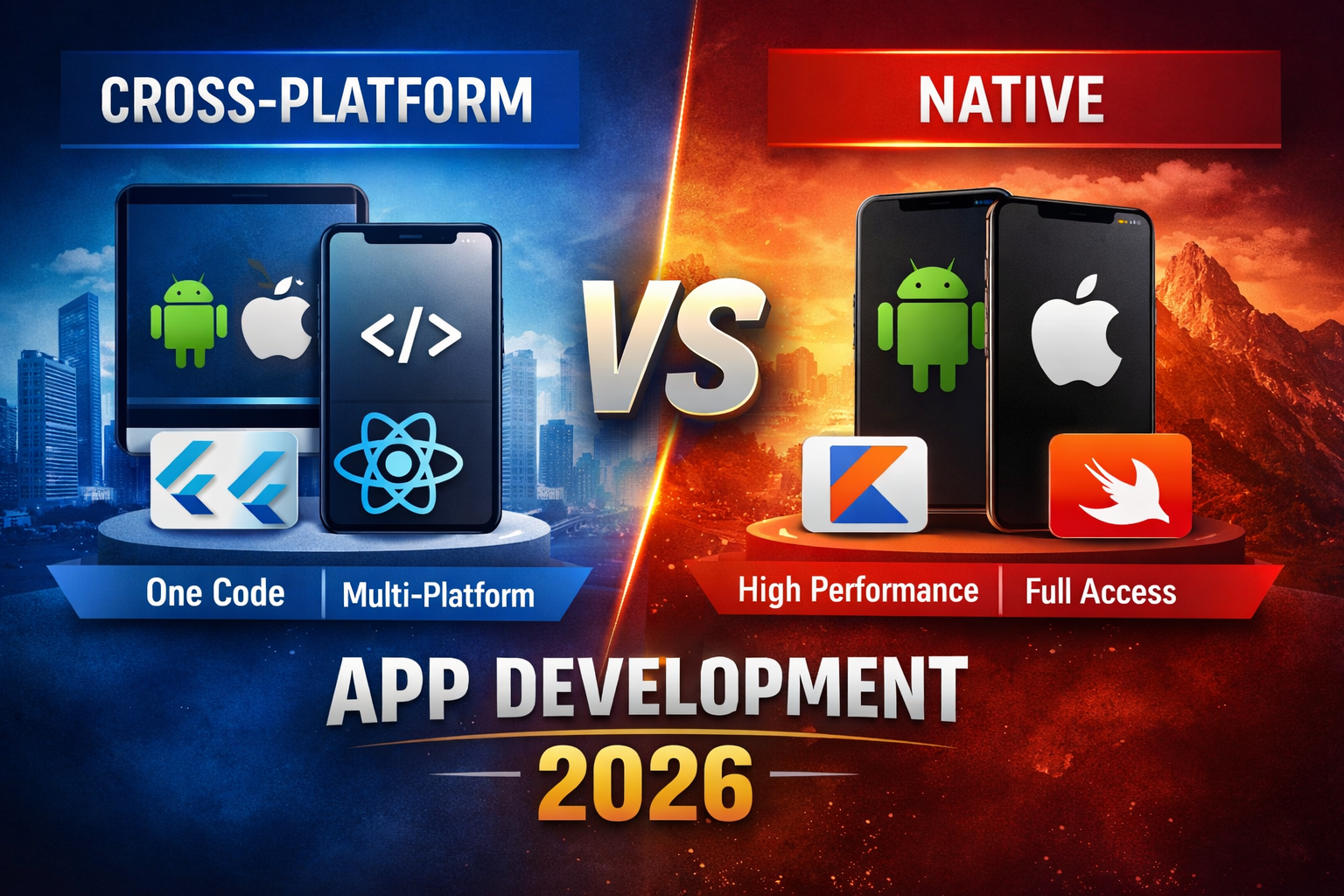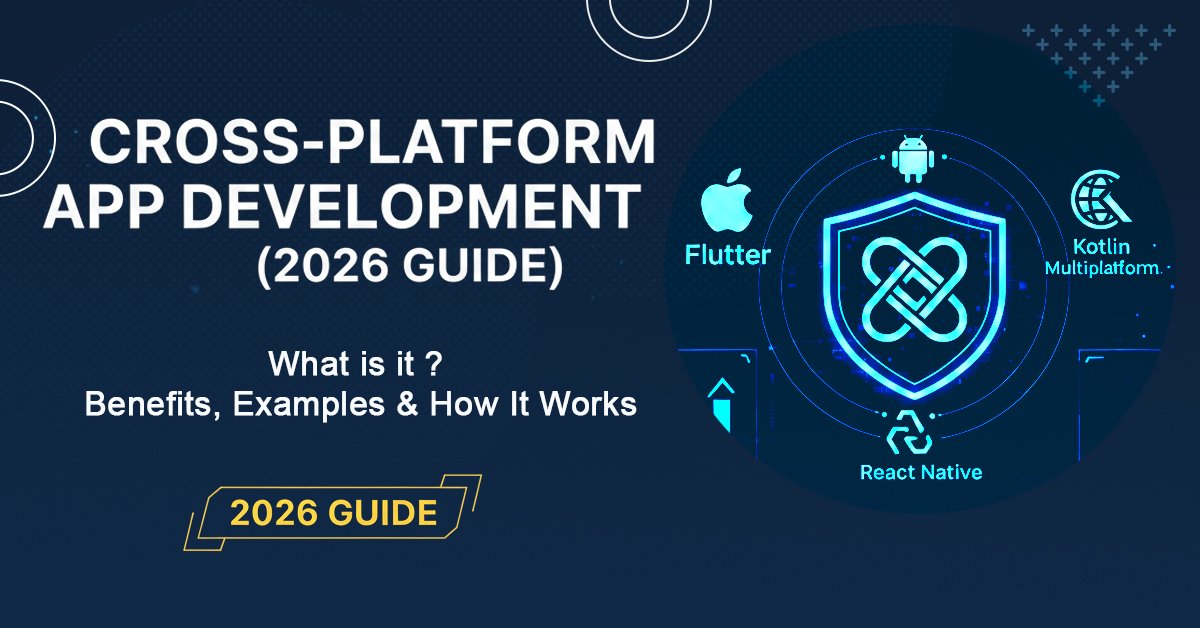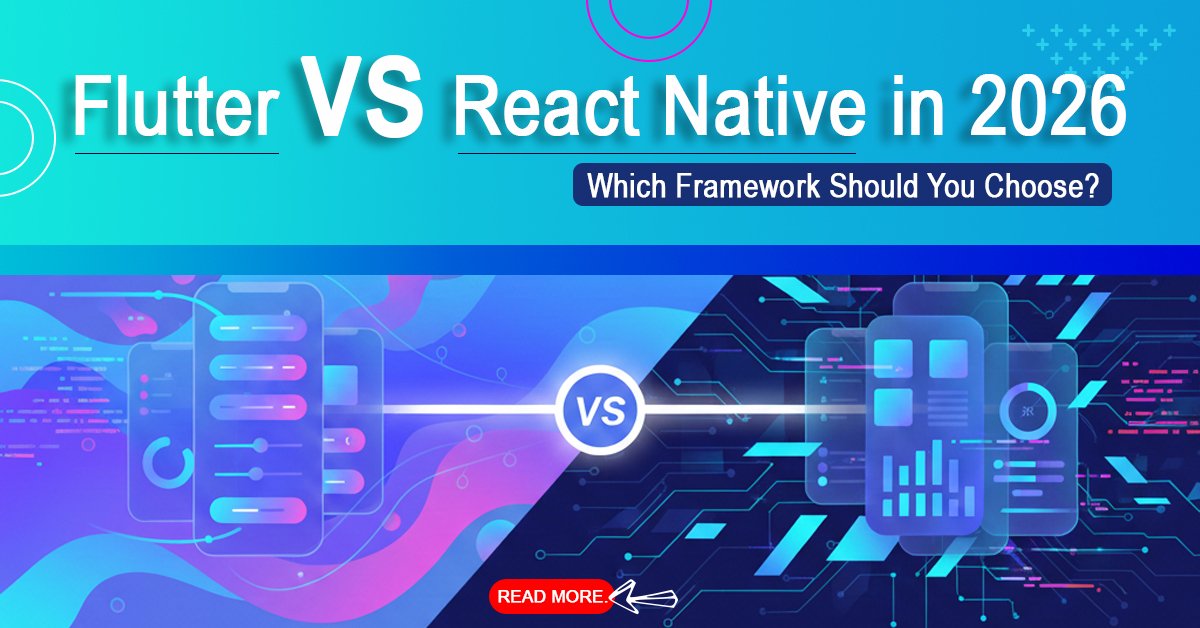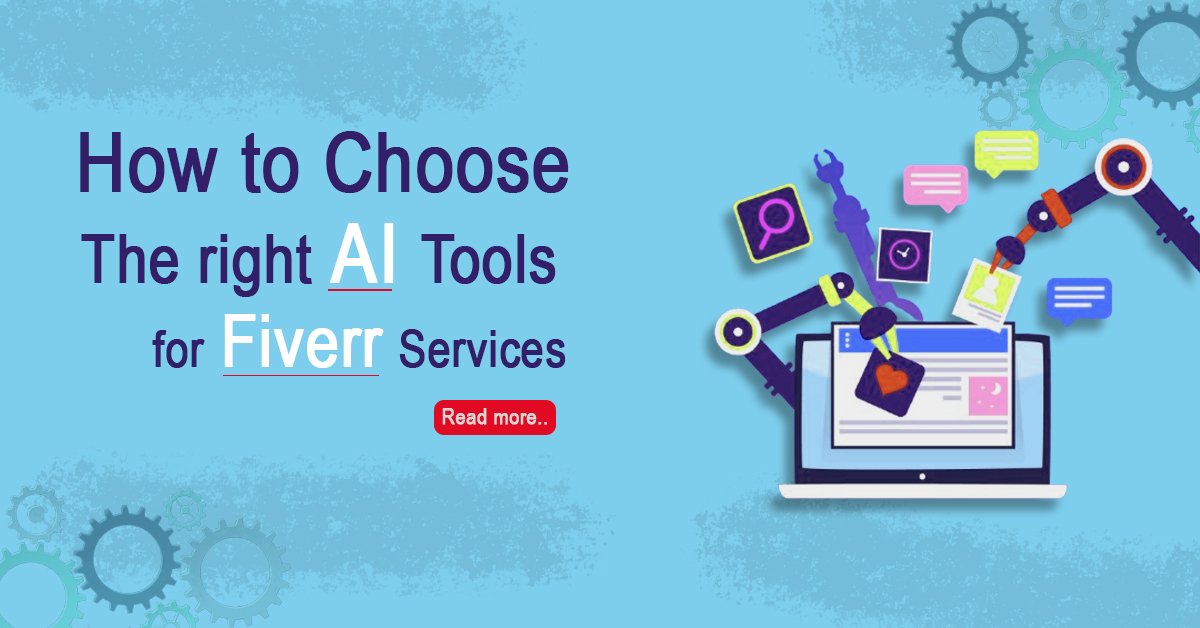- 1 AI’s benefits for the gaming Industry in 2025
- 2 Enhanced Gaming Experiences
- 3 Immersive Environments
- 4 Strategized Game Development Processes Improved
- 5 A Shift in Player Engagement Dynamics
- 6 Conclusion
- 7 FAQs
- 7.1 1. How does artificial intelligence affect gaming experience in 2025?
- 7.2 2. What role does AI play in game development processes?
- 7.3 3. How does AI boost gaming player engagement?
- 7.4 4. Give some other examples of AI used in gaming in 2025.
- 7.5 5. How does AI promote fairness and ethics in gaming?
- 7.6 6. Cost Advantages in Game Development by AI:
- 7.7 7. AI and How Its Future Will Affect Cross-Platform Games:
- 7.8 8. What Future Holds for AI in Gaming?
- 7.9 9. How AI Personalizes the Gaming Experience:
- 7.10 10. What Challenges Do AI Face in the Gaming Sector?
AI’s benefits for the gaming Industry in 2025
AI, just as any other technology, has been embraced by the gaming industry for a long time. By 2025, it shall reshape the entire gaming universe into things that sounded barely credible even a while back. Immersive environments from where players enter, the assistance in game development, and the stimulation of involvement will forever alter the gaming industry experience with AI. This blog post will discuss the pros of AI in the gaming industry in 2025, supported even further with statistics and credible sources.
Enhanced Gaming Experiences
Immersive Environments
AI will transform interactive experiences in virtual worlds. Chief among the game’s advances would be AI-based procedural content generation, creating infinite lands and worlds. ”No Man’s Sky” was a technology preview for this capability, but by 2025, this will have evolved further.
- Dynamic weather and time-of-day systems, reacting to the player’s action, could give a living feel to the game environment. For instance, forest exploration by a player at night may trigger AI wildlife with other behaviors or weather changes to enhance immersion.
- Statista says that global gaming market revenue expected to reach $268.8 billion in 2025 shall get assisted by AI and immersive technology.
Realistic NPC Interactions
AI endowed NPCs with life characteristics.
- Natural Language Processing (NLP) is creating a platform for dialogues whereby realistic interactions can be simulated and feel authentic. AI-powered NPCs, for example, can understand players’ questions and respond in real-time with apposite responses, thus enhancing engagement.
- An NPC can emulate emotional AI features whereby they can alter their behavior based on players’ choices and their emotional cues. Hence, it is possible for NPCs to either empathize, show anger, or express joy depending on the player’s actions.
Personalized Gaming
AI is now granting personalized experiences to gaming industry.
- AI algorithms can observe player actions in such a way that they apply that analysis toward fine-tuning content and recommending everything according to individual tastes. For example, if a player is keen on solving puzzles, more puzzles can be generated for that particular game or recommended to other puzzle-solving games.
- Customizable levels of difficulty that change in real time so that players of any ability are kept challenged without crossing over into frustration would particularly suit those 38 percent of Newzoo’s current gaming populace who happen to be casual gamers.
Strategized Game Development Processes Improved
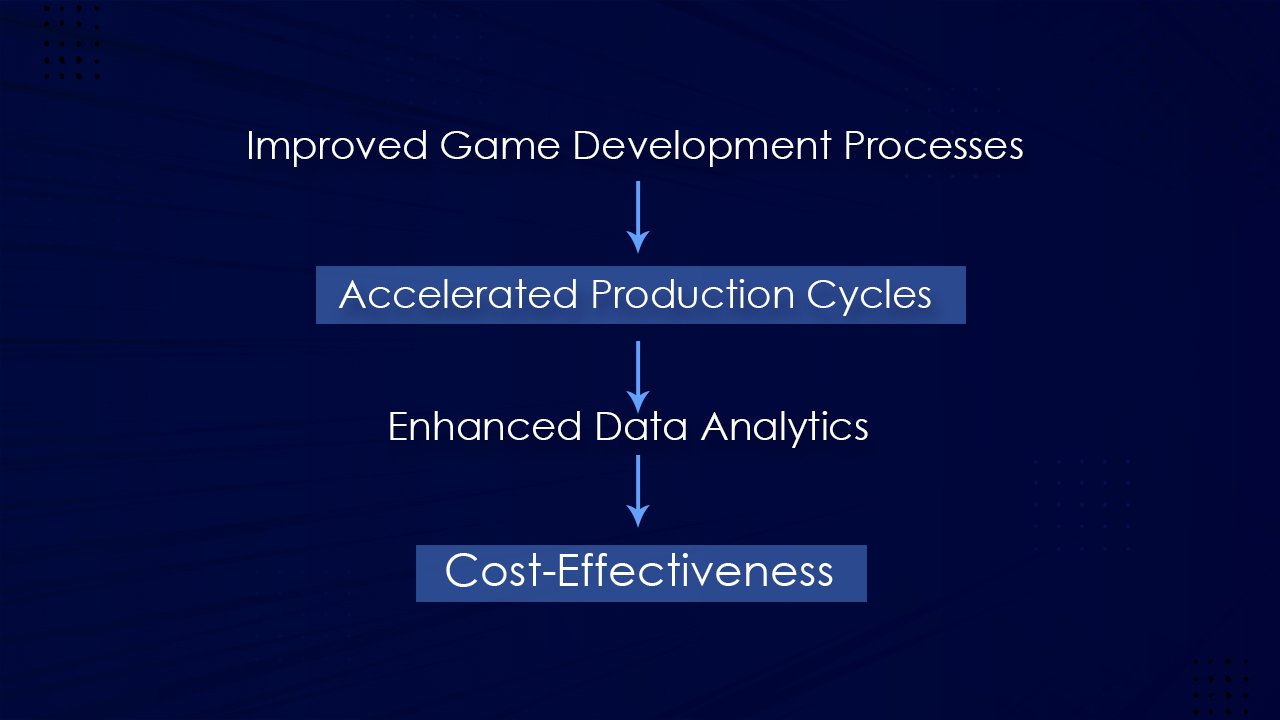
Accelerated Production Cycles
AI Fastened Game Development
- Automated testing tools letting development period spend less time on bug fixing and quality assurance. AI, for instance, would locate and fix errors in real time, thus reducing development schedules by as much as 30%, according to Gartner reports.
- AI is now also working on asset creation for characters and environments. Development times have been cut down significantly by using tools like Promethean AI, which enables programmers to design such assets in a few minutes.
Enhanced Data Analysis
AI-meaning analysis gives additional valuable insight into player behavior to the developers.
- These will probably improve game designs: by understanding such data, the users’ wishes for play habits and preferences can be better understood.
- The predictive modeling will also open a new section since it allows projections on trends with potential game occurrences and amounts of player interest. With evidence-based decision-making, studios are protected from many unfortunate but costly mistakes.
Cost Effectiveness
AI is indeed saving and optimizing the cost to the studio while actually improving effectiveness:
- AI algorithms have automated routine work; hence reducing labor costs and losing time in work.
- Predictive analytics is also important in budget management as it saves resources. Predictive analytics ensures predictability and sets perfect player feature-needs; hence, the studio invests enough resources into those.
A Shift in Player Engagement Dynamics
Community Dynamics
AI is building healthier and more vibrant gaming industry communities.
- By using AI moderation tools, interactions can be positively shaped through the real-time detection and intervention of toxic behavior; 74% of gamers surveyed by the Anti-Defamation League regard online harassment as a serious issue.
- Game comunidade content is an exciting venture by itself. AI tools permit players to make contributions within game environments, thus allowing for the perception of ownership and participation.
Cross-Platform Integration
AI is breaking down the barriers between platforms for better multiplayer experience.
- The universal cross-platform integration allows the players to enjoy games on different devices without being hindered by the progress. Say, if a player were to start a game on a console; then that player could continue playing that game on his/her smartphone.
- AI optimizes the network performance by cutting down latency and boosting connectivity; these are prerequisites in competitive gaming, where any amount of delay, however-minimal, tips the scale of performance.
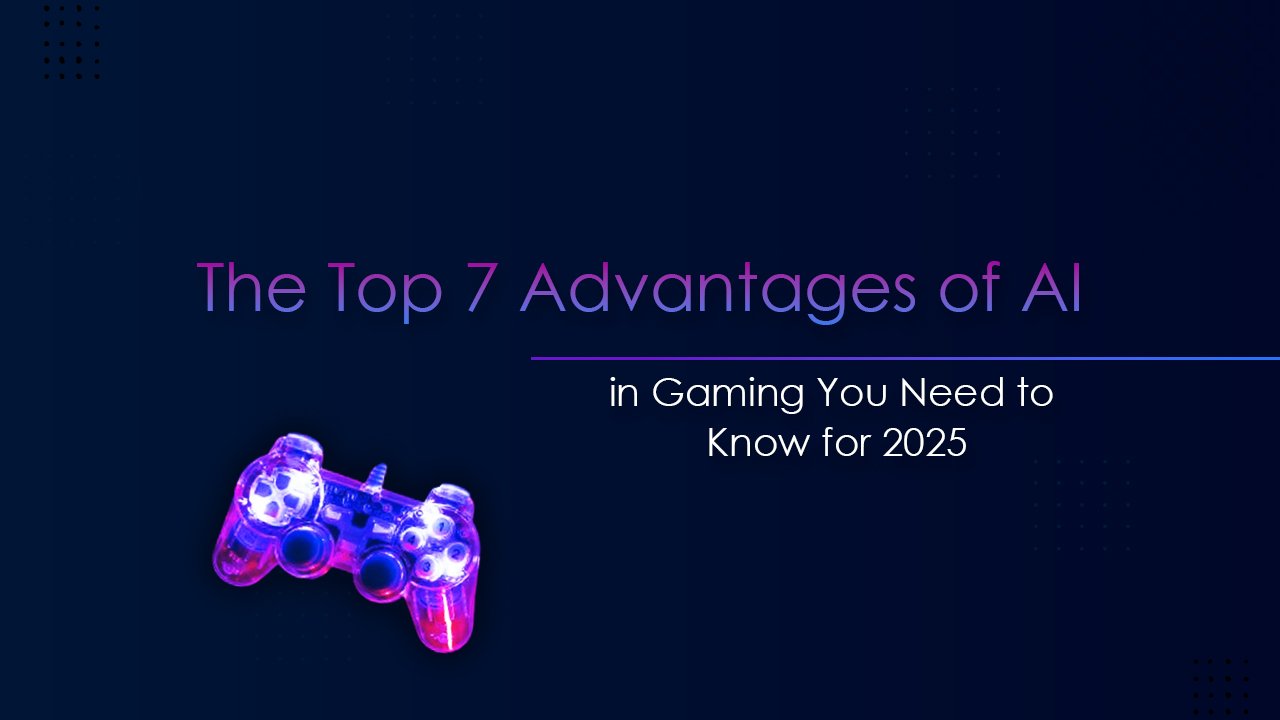
Ethics and Fair Play
AI ensures that fairness and inclusiveness of the game are maintained.
- AI-based cheat detection systems have been invoked to analyze gameplay pattern in identifying and mitigating cheating; this is, of course, one of the bigger measures in maintaining fairness that should be observed most especially in esports whose revenue is forecasted to reach $1.6 billion by 2025 according to Statista.
- The Ethical AI framework promotes responsible gaming practices relating to responsible AI use and diversity representation concerning narrative. Integrating these principles ensures games are more inclusive for players from varying walks of life.
Conclusion
Indeed, the year 2025 will be another predicted stage for advancements in the gaming industry, since there will be innumerable ways in which AI will bend the spice of future realities. The technology will bring in the paradigm change pertaining to player experience into the gaming business, fast-forward game production, and create experiences for total immersion.
The impact of AI would provide a highly competitive setting for hitherto unparalleled unforgettable experiences for the players. Game manufacturers may also utilize AI to own better and improved productivity and cost advantages while at the same time developing games that would fit broad spectrums of audience behaviors, interests, and psychographic profiles.
FAQs
1. How does artificial intelligence affect gaming experience in 2025?
It is AI technology that creates experiences in gaming that can simulate reality in environments, emotional interactions of player- nondouble players, and designs personal gaming across the venues. For example, infinite worlds created through AI-powered procedural content generation and emotional AI allow NPCs to feedback emotions from players. This is complemented with personalized difficulty levels and content recommendations to increase customer engagement.
2. What role does AI play in game development processes?
AI streamlines all production cycles while fast-tracking game development and providing analytics on what data to collect for cost savings. Automated testing and AI-assisted asset creation create speed in development, predictive analytics allow exploration by studios into tastes of players, and future projections of trends-perhaps making game production even more effective and cheaper to do.
3. How does AI boost gaming player engagement?
AI provides effective engagement of players through healthy community-building dynamics, cross-platform integration, and fair play. AI moderation tools endorse healthy interactions online; cross-platform functionality means that players can move seamlessly through some gameplay across their devices. Last, AI cheat detection ensures a fair competition in gaming.
4. Give some other examples of AI used in gaming in 2025.
AI in gaming by 2025 includes,
• Immersion environment-building: Dynamic weather systems and procedurally generated worlds.
• Realistic NPCs: NPCs with emotional intelligence and the ability to converse in natural language.
• Personalized gaming: In-game parameters and content finely tuned towards even a single player.
• AI Moderation: Tools designed to detect and quell toxic behavior in online communities.
5. How does AI promote fairness and ethics in gaming?
The fairness in gaming comes as a result of AI analyzing patterns of behavior and then mitigating cheating. In addition, it also enforces ethical gaming through narratives of inclusivity and responsible gaming structures. AI can, for example, make aware and combat harmful behaviors in online communities so that the entire player base is able to experience a safe environment.
6. Cost Advantages in Game Development by AI:
AI enables economical development by automating repetitive tasks (testing, asset creation), predictive analytics for optimal resource utilization, and the ability to let studios spend more time on their making and marketing innovation without the need to compromise budget management.
7. AI and How Its Future Will Affect Cross-Platform Games:
AI will smooth cross-platform play by optimizing network performance thus reducing latency, allowing the possibility of developing a cross-platform multiplayer experience without worrying about lost progress or connectivity issues.
8. What Future Holds for AI in Gaming?
The future of AI in gaming is brilliant, with breakthroughs in immersive technologies, personalization, and ethical gaming. AI will shape gaming in the year 2025 toward making it more captivating, inclusive, and efficient; thus, it will contribute toward driving the expected growth of the estimated $268.8 billion industry.
9. How AI Personalizes the Gaming Experience:
AI makes gaming personal by various means of analyzing player behavior and preference analytics to delivering different content and adjustable levels of difficulty. A player loves to explore, which can result in generating open-world content: a more personalized content provision to ensure unique experience to each player.
10. What Challenges Do AI Face in the Gaming Sector?
AI has proven to be mostly beneficial, but high costs of implementation, ethics, and lack of adequately trained skills are some of the challenges that come into play. An unbiased and holistic AI system is equally key to the sustainability of trust and satisfaction in players.


